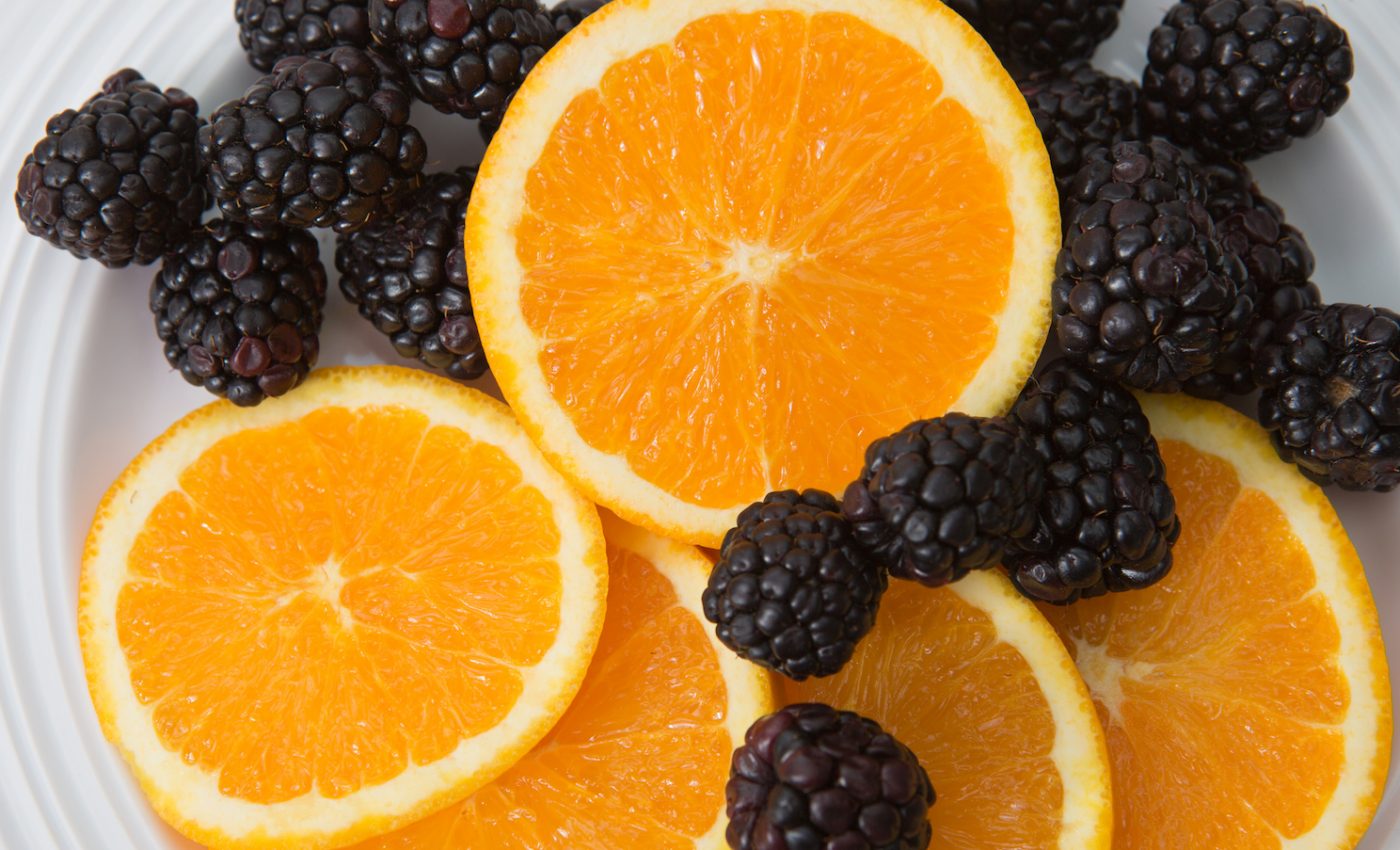
Fruits and vegetables linked to lower risk of memory loss in men
Fruits and vegetables linked to lower risk of memory loss in men. A new study published by the American Academy of Neurology has revealed that orange and red vegetables, berry fruits, orange juice, and leafy greens all contribute to a lower risk of memory loss among men.
“One of the most important factors in this study is that we were able to research and track such a large group of men over a 20-year period of time, allowing for very telling results,” said study co-author Changzheng Yuan. “Our studies provide further evidence dietary choices can be important to maintain your brain health.”
The investigation was focused on 27,842 male health professionals with an average age of 51. Over two decades, the men reported every four years on how many servings of fruits, vegetables, and other foods they had each day.
At least four years before the end of the study, the participants were also tested for thinking and memory skills using an evaluation that was designed to detect subtle changes that would likely go unnoticed in objective cognitive tests. Any reported changes in memory would be considered precursors to mild cognitive impairment.
Overall, 55 percent of the men had good thinking and memory skills, 38 percent had moderate skills, and 7 percent had poor thinking and memory skills.
The participants were divided into five groups based on their fruit and vegetable consumption. The highest consumption rate of vegetables was about six servings per day, compared to two servings for the lowest. The top group ate about three servings of fruit per day, compared to the lowest rate of half a serving each day.
The study revealed that men who consumed the most vegetables were 34 percent less likely to develop poor thinking skills compared to the group that ate the least vegetables. In addition, men who drank orange juice every day were 47 percent less likely to develop poor thinking skills.
The experts also found that men who ate larger amounts of fruits and vegetables 20 years earlier were less likely to develop cognitive issues, regardless of whether they continued to do so up until the testing took place 16 years later.
The study is published in the journal Neurology.
—
By Chrissy Sexton, Earth.com Staff Writer













